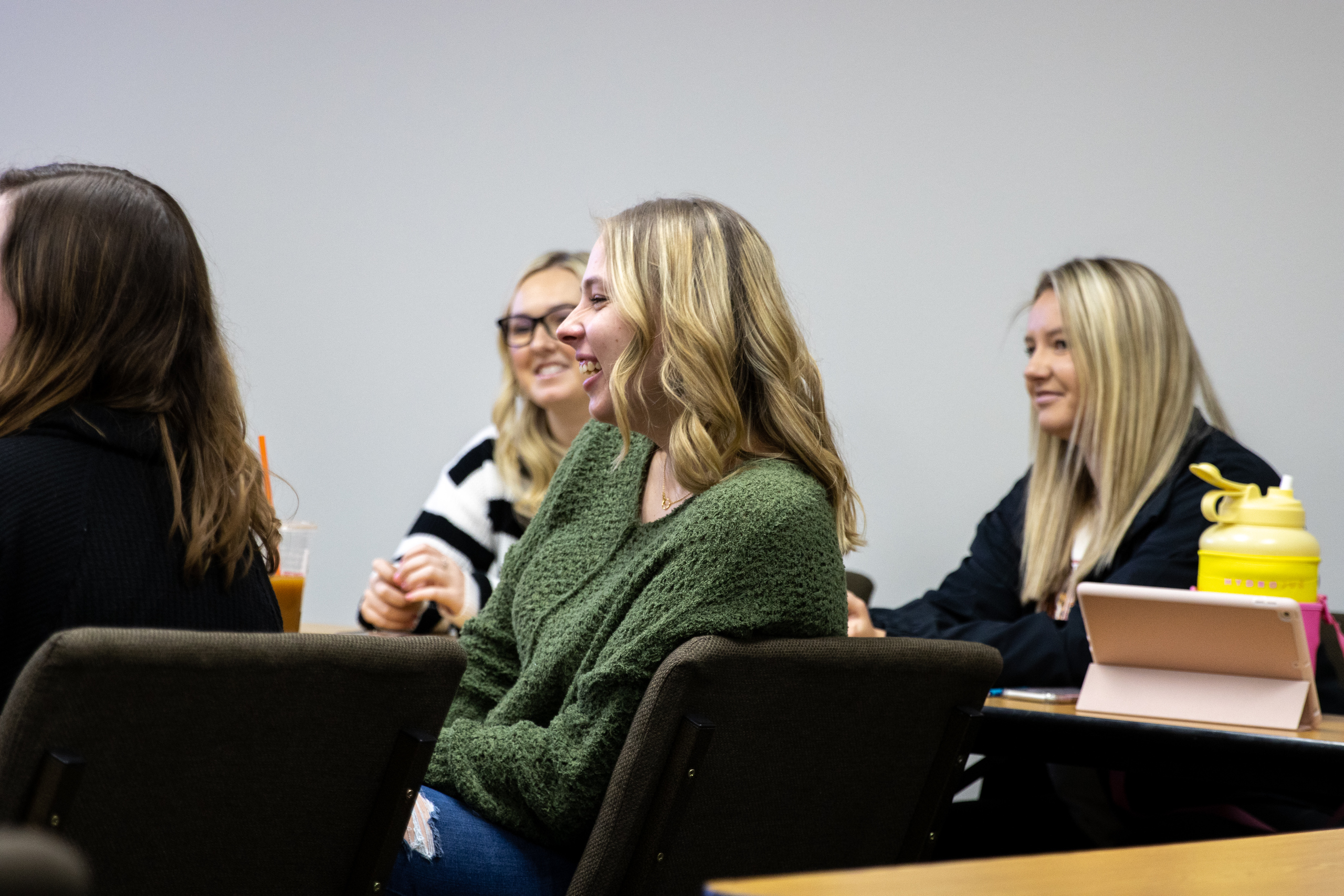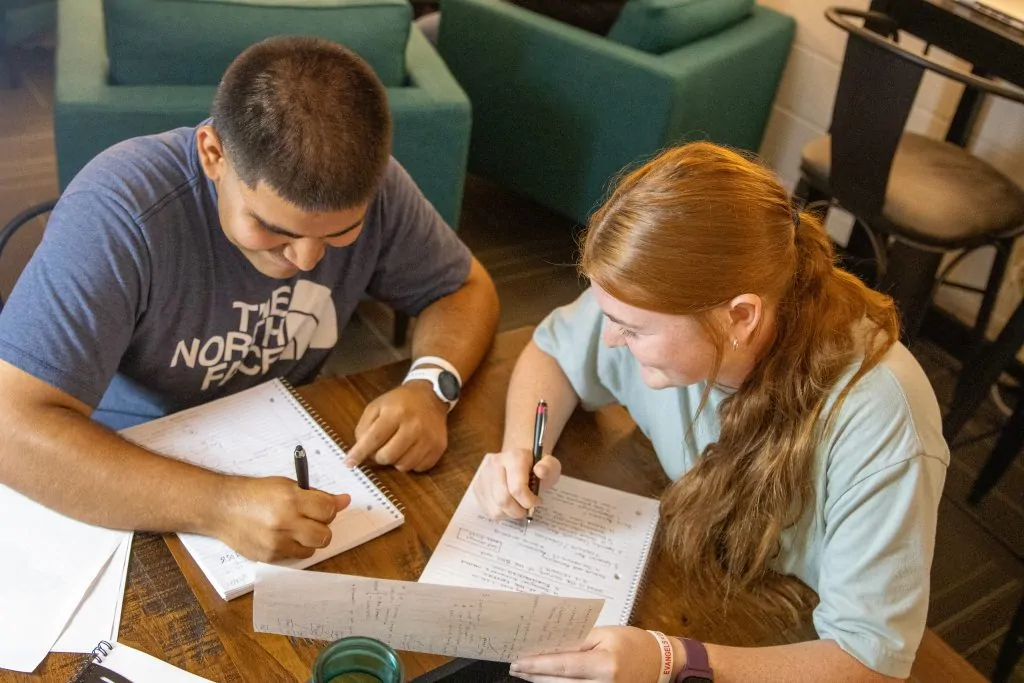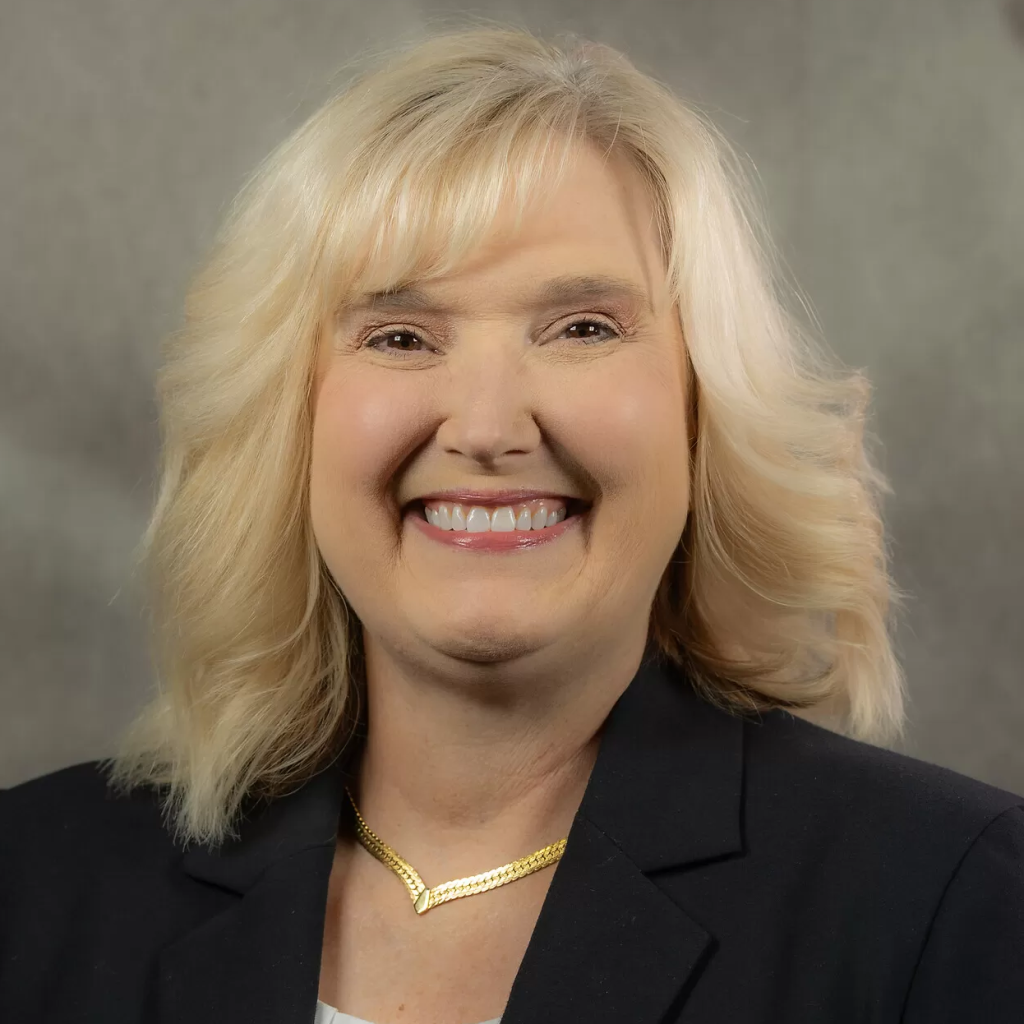
early childhood education
Bachelor of Arts
Mid-America Christian University’s Bachelor of Arts in Early Childhood Education prepares students to guide young children (birth to age 8) through critical developmental stages. The program emphasizes both traditional theory and contemporary teaching methods, covering subjects such as nutrition, physical development, children’s literature, and educational psychology.

EXPLORE THE early childhood education DEGREE
This program offers 110 hours of field experience in diverse school settings, providing practical observation and interaction opportunities prior to student teaching. MACU’s faith-based approach ensures that future educators become role models and advocates, supporting each child’s growth to their full potential.
Note: Special Education is NOT available for certification through this route.
Program Options
- Offered in a 16-week, traditional college format or an 8-week online accelerated format
Careers
- Preschool or Head Start Teacher
- K-2 Teacher
- Childcare Center Director
- Special Education Teacher
- Home-Based Service Provider
- Childhood Development Researcher
- School Counselor
- Education Consultant
- Family Support Specialist
- Early Intervention Specialist
THE PLACE TO BE
Mid-America Christian University is more than a campus—it’s a community where purpose and passion collide. Nestled in Oklahoma City, MACU offers a Christ-centered education that goes beyond the classroom, empowering students to grow academically, spiritually, and professionally.
With small class sizes, personalized attention, and innovative degree programs designed for real-world impact, MACU is the place where dreams take root and thrive. Whether you’re engaging in vibrant campus life or pursuing a flexible online program, you’ll find a supportive environment dedicated to helping you discover your calling and make a difference in the world. At MACU, you’re not just earning a degree—you’re shaping your future.
Meet our education Faculty
Ready to Get Started?
Ready to take the next step toward your future at MACU? Start your journey today by applying online or scheduling a campus visit to experience our welcoming community firsthand. Whether you’re exploring programs or ready to enroll, we’re here to help you every step of the way. Your path to purpose starts now!


